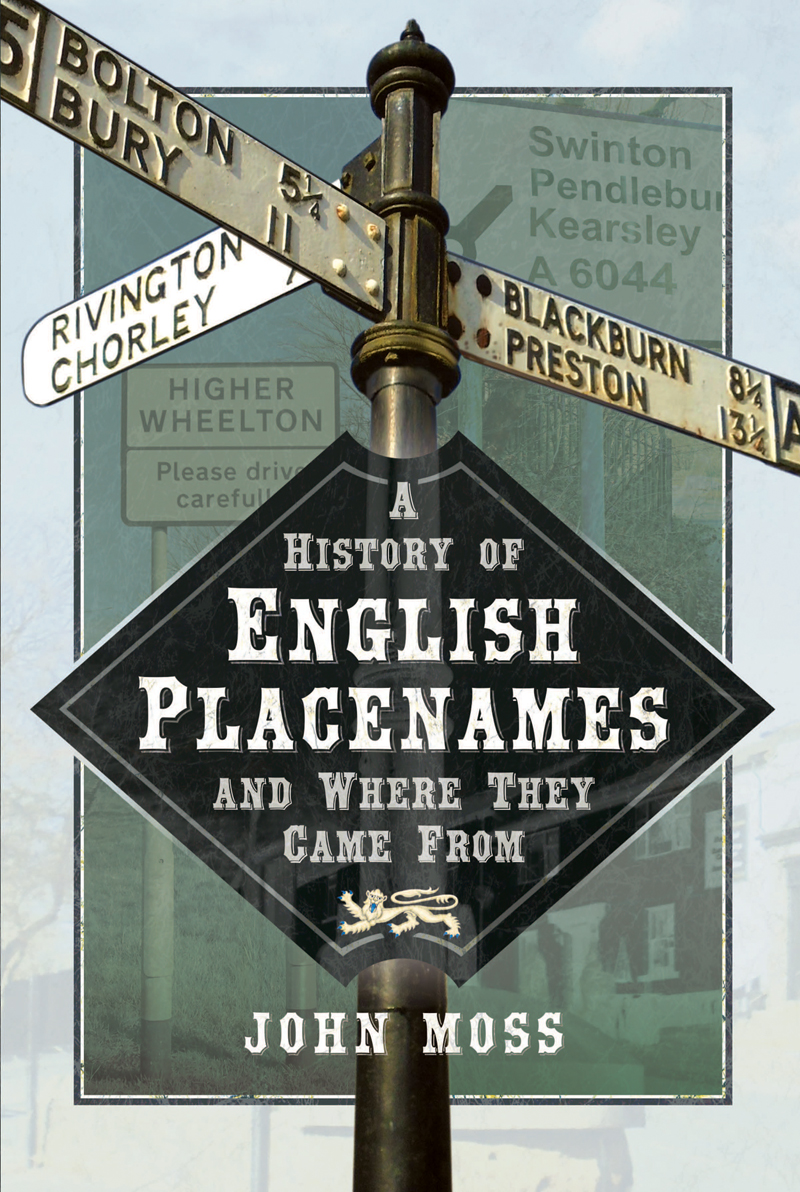

Most ebook files are in PDF format, so you can easily read them using various software such as Foxit Reader or directly on the Google Chrome browser.
Some ebook files are released by publishers in other formats such as .awz, .mobi, .epub, .fb2, etc. You may need to install specific software to read these formats on mobile/PC, such as Calibre.
Please read the tutorial at this link: https://ebookbell.com/faq
We offer FREE conversion to the popular formats you request; however, this may take some time. Therefore, right after payment, please email us, and we will try to provide the service as quickly as possible.
For some exceptional file formats or broken links (if any), please refrain from opening any disputes. Instead, email us first, and we will try to assist within a maximum of 6 hours.
EbookBell Team

4.3
28 reviewsAn enlightening journey into the languages, meanings, and history behind the names on England's map.
The origins of the names of many English towns, hamlets, and villages date as far back as Saxon times, when kings like Alfred the Great established fortified borough towns to defend against the Danes. A number of settlements were established and named by French Normans following the Conquest. Many are even older and are derived from Roman place names. Some hark back to the Vikings who invaded and established settlements in the eighth and ninth centuries.
Most began as simple descriptions of the location; some identified its founder, marked territorial limits, or gave tribal people a sense of their place in the grand scheme of things. Whatever their derivation, place names are inextricably bound up in history—and these are the stories behind them.